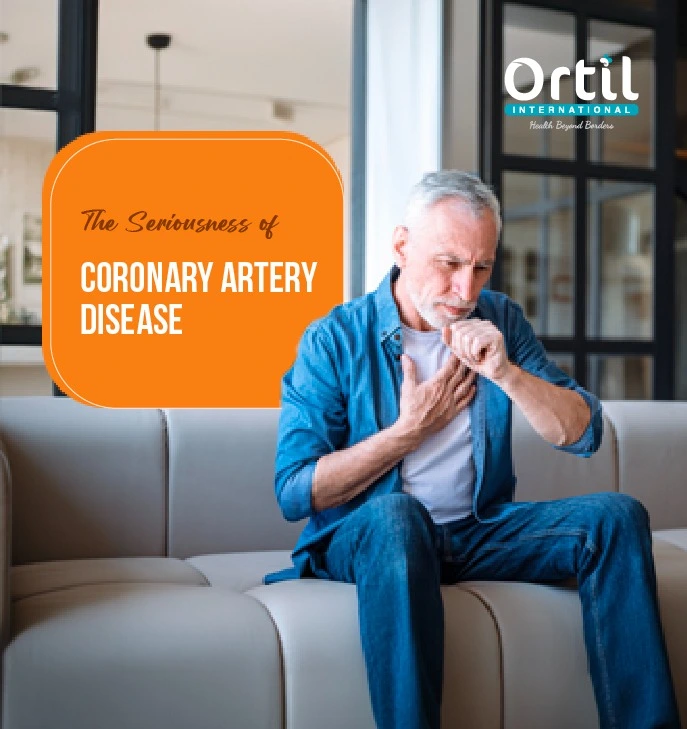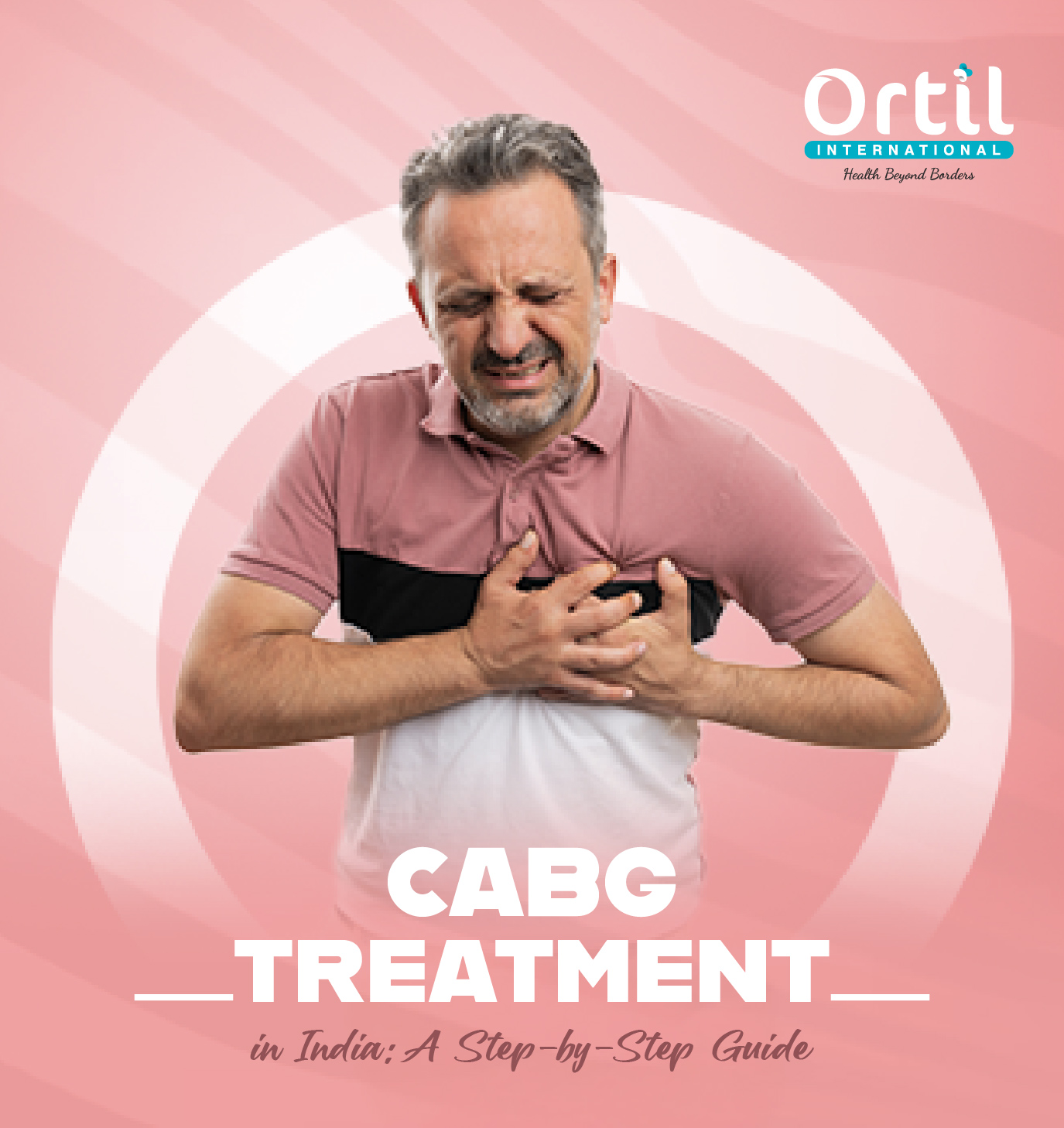What is Angina: Symptoms, Causes and Treatment
What is angina? Angina is usually a pain that can occur in your chest. Angina can be of different types depending on its nature. Symptoms of angina include chest pain and discomfort that can go away if the patient rests. Causes can be different, but the main reason is the insufficient blood supply to the heart. Treatment of angina includes medications, surgery, and lifestyle changes. Let’s discuss in detail what is angina and what are the symptoms.

What are the Different Types of Anginas?
When the heart does not get enough blood, it beats faster and harder to receive blood. This exertion causes pain, which is known as angina. Mainly, angina is only a symptom of some type of heart disease. Anginas also have different types, which are described below:
Stable Angina: This type of angina or pain only occurs when your heart beats faster, typically during exercise or some hard activity. It occurs due to the tight blood pipes in your heart, which do not properly work to supply blood to the muscles of the heart.
Unstable Angina: This type of chest pain can also occur even when you are resting. It usually occurs due to blood clot formation, which holds back the blood flow to the heart.
Variant angina: When the muscles of blood pipes become abnormally stiff, it can cause pain in the chest. This often occurs due to various factors, including stress, exposure to colds, or some medications.
Microvascular Angina: This condition occurs when the tiny blood pipes are affected and cause symptoms of pain in the chest.
What are the Symptoms & Causes of Angina?
Some of the symptoms and causes of angina are as follows:
What are the Symptoms of Angina?
- Chest pain or discomfort
- Pain in arms, neck, jaw, shoulder, or back
- Shortness of breath
- Indigestion
- The pressure felt in the chest
- Nausea
- Fatigue
- Sweating
What Causes Angina?
- Narrowed or tight blood vessels
- Blood clots
- Coronary artery spasm
- Microvascular dysfunction
- Stress or heavy exercise
- Cold weather
- Smoking
- High blood pressure
- High cholesterol
- Diabetes
What is the Treatment of Angina?
As we discussed earlier, angina is just a symptom of some underlying disease of the heart, its blood supply, or blood clots. So, in the treatment of angina, your doctor will find the cause of pain and then treat it. For example, if angina occurs due to abnormal blood pipes, then the doctor will plan a treatment to improve the blood pipes so that the normal flow of blood can be restored.
Your doctor will perform different tests and evaluate the condition of your heart and blood pipes and then plan a treatment accordingly. Some of the treatments involved are described below:
Medications: medicines are given to the patient to address the cause of angina. This may include blood pressure medications, anticoagulant medications, cholesterol medications, and specific medications that treat the pain of angina.
Coronary Artery Bypass Grafting: In this treatment, surgery is performed to make a new pathway for the normal blood flow to the heart.
Coronary Angioplasty and Stenting: In this type of treatment, tight blood vessels are opened with special tools, and a stent is placed to keep them open.
Lifestyle changes: Your doctor also advised you to keep healthy with a balanced diet and regular activity to prevent further complications.
Angina vs. Heart Attack
Angina and heart attack both may have the exact cause, but angina is different from heart attack as it is only the symptom of pain due to some reason. But a heart attack is itself a significant problem in which heart muscle may become damaged permanently.
How is Angina Different From a Heart Attack?
Angina is different from a heart attack in the following ways:
- Angina does not cause permanent damage to heart muscles, but a heart attack does.
- A heart attack involves blockage of blood flow for a more extended period as compared to angina.
- Stable angina can be treated with rest and medications, but heart attacks may require proper medical care.
- Angina may or may not be an emergency, but a heart attack is always an emergency.
- Some patients can manage their symptoms of angina by themselves, but a heart attack requires proper medical attention from your doctor.
What are the Risk Factors of Angina
If angina is not treated, then it can cause many other heart problems that may permanently damage the function or structure of the heart. Angina is related to some factors that increase the risk of angina. Some risks can be changed, but others cannot. The risk factors associated with angina are as follows:
- Poor diet with high amounts of fats, sugar, or salt
- High blood pressure
- Diabetes
- Increase stress levels
- Excessive use of alcohol
- Positive family history of heart attack
- Big sized heart
- Inactive lifestyle
- Obesity
- Smoking
- Old age
Conclusion
Angina is a pain that occurs in the chest region due to insufficient blood supply to the muscles of the heart. It can be managed with medications, unlike a heart attack, which requires proper medical intervention. Angina treatment is the treatment of the cause due to which it occurs.
FAQ's of Angina
How can I Prevent Angina?
By having a healthy lifestyle with a balanced diet and regular exercise, one can prevent angina.
What can I do at Home to Manage Angina?
The doctor usually guides the patient to manage angina with medicine according to its type, episodes, and severity.
Does Angina Mean a Heart Attack?
No, angina is a symptom of heart disease, but heart attack itself is a problem.
What is the Fastest way to Stop Angina?
Rest and some medicines like nitroglycerine help the angina to stop.
Can ECG Detect Angina?
Yes, ECG can detect angina and its different types.
Is Angina Curable?
Yes, angina is curable when the cause of angina is treated properly with medical attention.




















